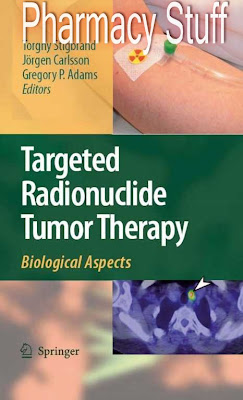MONDAY, Feb. 14 (HealthDay News) -- The American College of Cardiology Foundation (ACCF) and the American Heart Association (AHA) have issued an updated guideline, describing the newly approved medication dabigatran as an alternative to warfarin for patients with atrial fibrillation who need anticoagulation therapy; the guideline update has been published online Feb. 14 in Circulation.
L. Samuel Wann, M.D., of the Wisconsin Heart and Vascular Clinics in Milwaukee, and colleagues, all of whom are members of the ACCF/AHA Task Force on Practice Guidelines, updated the section of the guidelines that addresses the emerging antithrombotic drugs for the management of atrial fibrillation.
The task force members reported that dabigatran was an effective alternative to warfarin for the prevention of stroke and blood clots in patients with paroxysmal or permanent atrial fibrillation, and in those who have risk factors for stroke or blood clots. The recommendations were based on the Randomized Evaluation of Long-Term Anticoagulation Therapy trial, which found that dabigatran offered either noninferior or greater stroke prevention and did not increase or decreased the incidence of major bleeding. They also stated that dabigatran was not for use among patients with prosthetic heart valves, significant heart valve disease, severe renal failure, or advanced liver disease.
"Dabigatran etexilate was approved by the U.S. Food and Drug Administration on Oct. 19, 2010, for marketing in the United States for the prevention of stroke and systemic embolism in patients with nonvalvular atrial fibrillation. Dabigatran is the first new oral anticoagulant to become available for clinical use in more than 50 years," the authors write.
Several of the guideline authors disclosed financial relationships with Boehringer Ingelheim and other pharmaceutical and medical device companies.
Full Article




